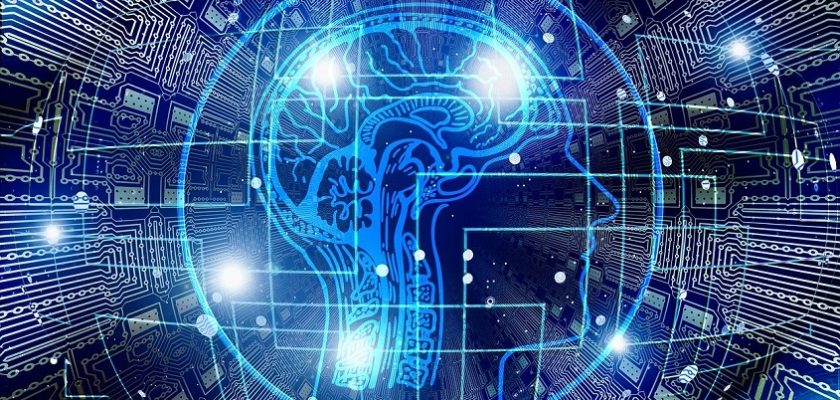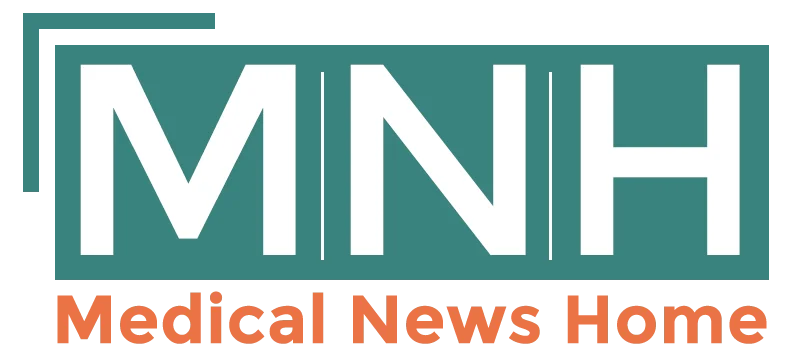The Use of Artificial Intelligence in Healthcare
- Updated on: May 7, 2025
- Published on Jan 9, 2023

Artificial intelligence (AI) has the potential to revolutionize the healthcare industry by improving patient outcomes, increasing efficiency, and reducing costs. From virtual assistants that assist with medical diagnoses to algorithms that analyze medical images, AI is being utilized in a variety of ways within the healthcare industry.
Types of AI in healthcare
There are several types of artificial intelligence (AI) that are being used in healthcare:
Machine learning: This type of AI involves training algorithms on data to allow them to learn patterns and make predictions or decisions without being explicitly programmed.
Natural language processing: This type of AI allows computers to understand, interpret, and generate human language. It can be used to extract information from electronic medical records or to generate summaries of medical texts.
Computer vision: This type of AI involves the development of algorithms that can analyze and interpret images and videos. In healthcare, it can be used for tasks such as detecting abnormalities in medical images or analyzing videos of a patient’s gait to assess their mobility.
Robotics: This type of AI involves the use of robots to perform tasks that would normally be carried out by humans. In healthcare, robots can be used for tasks such as assisting in surgery or delivering medication to patients.
Expert systems: These are AI systems that are designed to mimic the decision-making ability of a human expert in a specific domain. In healthcare, expert systems can be used to diagnose diseases or recommend treatment plans.
Benefits of AI in healthcare
There are several benefits to using artificial intelligence (AI) in healthcare:
Improved efficiency: AI can help streamline processes and reduce the time and effort required to perform certain tasks, freeing up healthcare providers to focus on more complex and time-consuming cases.
Improved accuracy: AI algorithms can analyze vast amounts of data and make decisions based on that analysis, potentially leading to more accurate diagnoses and treatment recommendations.
Increased access to care: AI can help bridge the gap in healthcare access, particularly in rural or underserved areas, by allowing patients to connect with healthcare providers remotely.
Enhanced patient engagement: AI can be used to develop personalized care plans and provide patients with self-management tools, helping to improve patient engagement and adherence to treatment plans.
Reduced costs: By streamlining processes and improving efficiency, AI has the potential to reduce the overall cost of healthcare.
Ethical concerns and regulation
There are several ethical concerns that have been raised regarding the use of artificial intelligence (AI) in healthcare:
Bias: AI algorithms can perpetuate and amplify existing biases, leading to unequal treatment of certain groups. It is important to ensure that the data used to train AI algorithms is diverse and representative and that steps are taken to mitigate the potential for bias in the algorithm’s decision-making.
Privacy: The use of AI in healthcare often involves the processing of sensitive personal data, raising concerns about the protection of patient privacy.
Transparency: It is important that the decision-making processes of AI algorithms are transparent so that the reasoning behind their recommendations can be understood and questioned if necessary.
Responsibility: There is a need to clearly define the roles and responsibilities of different stakeholders in the development and use of AI in healthcare, including healthcare providers, AI developers, and regulators.
Future of AI in healthcare
The future of artificial intelligence (AI) in healthcare is difficult to predict with certainty, but it is likely that AI will continue to play an increasingly important role in the delivery of healthcare.
Some potential developments in the use of AI in healthcare include:
Personalized medicine: AI could be used to analyze an individual’s genetic data and other health information to tailor treatment plans and predict the likelihood of developing certain conditions.
Remote monitoring: AI could be used to remotely monitor the health of patients, allowing for the early detection of problems and the provision of timely care.
Assistance in surgery: AI could be used to assist surgeons by providing real-time guidance during procedures or performing tasks such as suturing.
Drug discovery: AI could be used to analyze large amounts of data to identify potential new drug candidates and predict their effectiveness.
It is important to note that the development and adoption of AI in healthcare will depend on a variety of factors, including technological advances, regulatory frameworks, and the willingness of healthcare providers and patients to adopt new technologies.


